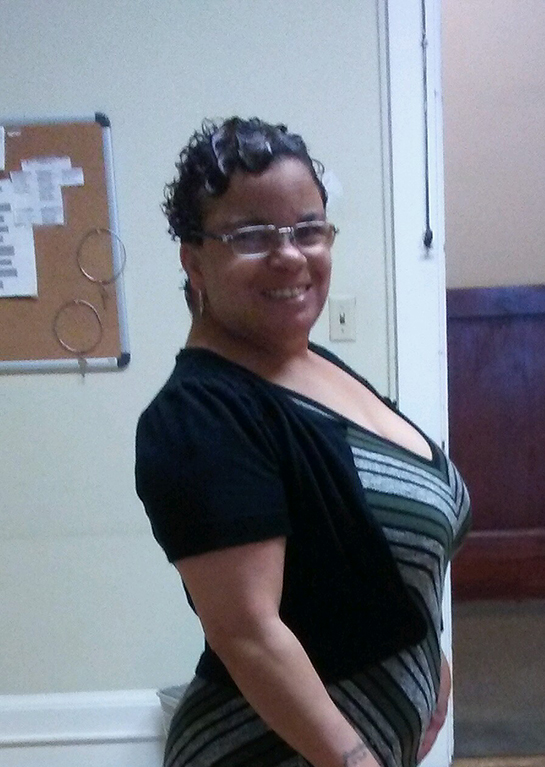A Community Working Together for Substance Use Recovery

According to the latest Surgeon General’s Report released in 2016, 20.8 million people aged 12 and older in the United States had a substance use disorder in 2015. How many of those 20.8 million will make it into remission? More importantly, how many will be able to say they are in recovery?
Figuring out ways to help people with substance use disorders regain their standing in society is a main concern outlined in the Surgeon General’s report on addiction. Substance addictions and the treatment of these disorders cost U.S. communities “more than $442 billion annually in crime, health care and lost productivity,” according to the report. Alcohol misuse alone costs approximately $249 billion.
Those numbers are nothing to sneeze at. Fortunately, partnerships are being formed to help those in remission and recovery—and to bring those costs down. One example is our work with the Department of Rehabilitation (DOR) and Berkeley’s Options Recovery Services; both organizations work with people recovering from alcohol and/or drug abuse to make a positive change in their lives and in their community. Options Recovery Services has a year-long treatment program to help their clients reclaim their lives from addiction, and the organization then prepares those graduates for employment development. If applicable to their career interests, our Certificate Program in Alcohol and Drug Abuse Studies is one of the options presented.
Taking Advantage of the Past
For some in recovery, all it takes is a little faith from those around them. One such case is Lashondra Goode. While aware of the lasting effects her addiction has had on her life, Goode is embracing her future.

“I got to Extension by way of Options Recovery Services and the Department of Rehabilitation,” she recalls. “Tom Gorham, director of Options Recovery Services, believed in me enough to strongly suggest that I do Extension’s certificate program. And Mark, my counselor at DOR, encouraged me to go for it.”
Having an extremely low grade point average in high school and with a G.E.D. instead of a high school diploma, Goode didn’t believe that she was cut out for furthering her education. She certainly never imagined turning her life around like she has.
“My personal journey in the certificate program has been mind-blowing,” Goode enthuses. “I never would have thought in a million years I would be attending this school, let alone having receiving outstanding grades.” Her current grade point average is nearly a 4.0.
Goode speaks highly of instructors and staff whom she has encountered while progressing in the certificate. “Every instructor I've had while attending UC—as well as program coordinator Jonathan Gill— has been patient with my learning process, my questions and my difficulties adjusting,” she says. “My first class on campus was with Dr. Jimmie Turner, and I just stood there and cried; I couldn't believe I had made it to this point in my life—which I had dreamed about for years.”
Looking to the Future
Goode began the certificate program in the fall of 2015 and hopes to be finished in the fall of 2017. But now she doesn’t see her education stopping there.
“Extension has assisted in building my self-esteem,” states Goode, “and this certificate program has given me the courage to continue my education; I want to get a Ph.D. in psychology. I've referred UC Berkeley Extension to others, letting them know that if I can do it, anybody can. Thank you for helping me become a productive member of society again.
“One of my proudest moments in this journey was my first day of school. My next proudest moment will be when I take the state test and become certified as an Alcohol and Other Drug (AOD) counselor.”